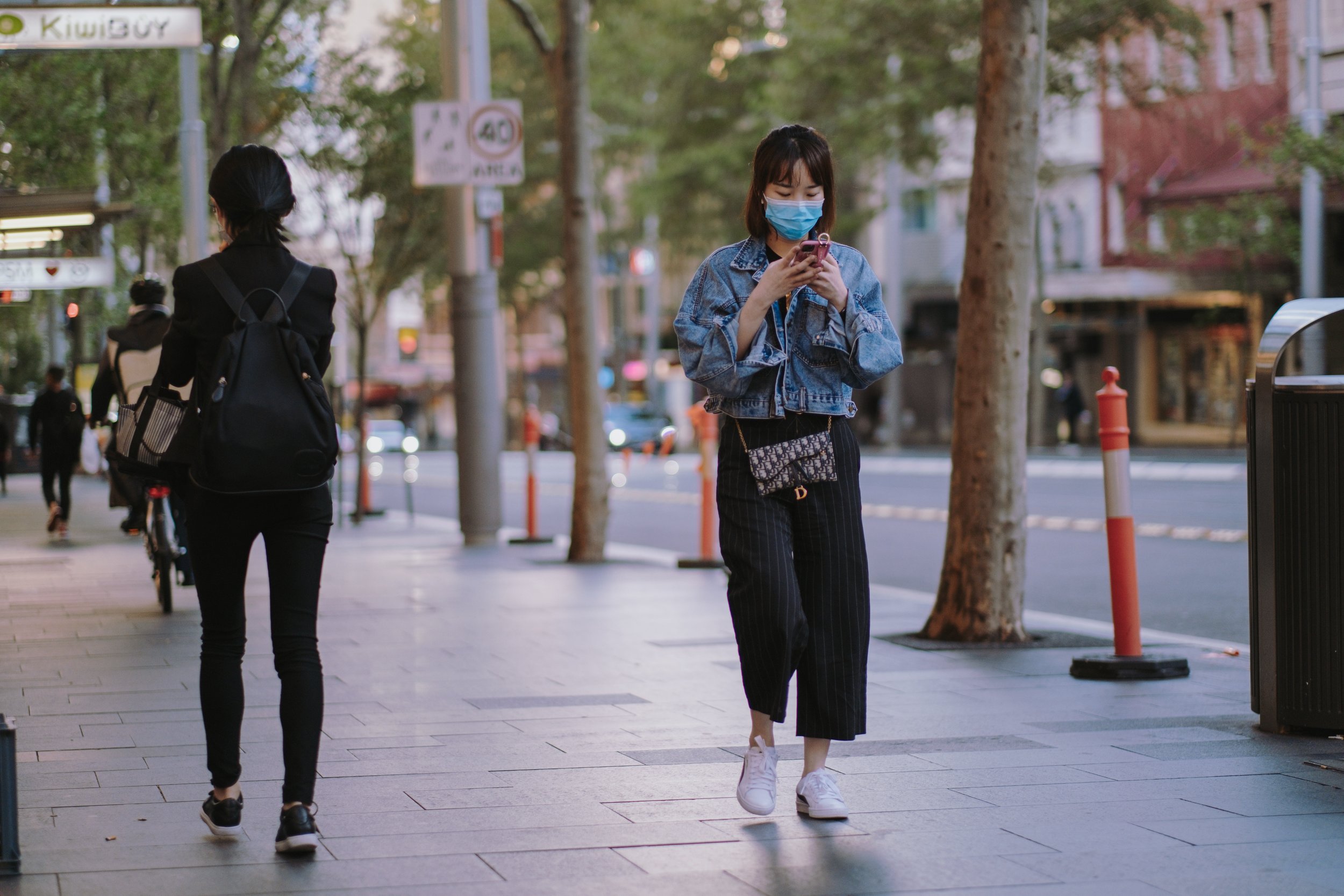Can you sleep train an adult for a better night’s rest?
We investigate whether you can re-wire your brain after years of established sleeping patterns
Text: Juli Tan
Earlier this year, a study by UCLA further highlighted the importance of sleep, in particular for adults. The study detailed the different functions of sleep in humans from the age of two-and-a-half. Up until toddlerhood, the brain grows very rapidly, particularly during REM sleep. However, after that age, sleep becomes more for brain maintenance and repair instead of brain building. It continues to perform this role for the rest of our lives.
Gina Poe, the UCLA professor of integrative biology and physiology who conducted the study says, "Sleep is as important as food, and it's miraculous how well it matches the needs of our nervous system. While we sleep, our brains are not resting." She adds that a chronic lack of sleep can lead to long-term health problems including dementia, diabetes and obesity amongst others.
We’ve previously written about the four main stages of sleep and included tips to help you ease into a better night’s sleep. But what if these tips are not enough? Seeking out a sleep consultant, a professional trained to help you improve your sleep, could be the answer — and no it’s not just for kids.
“Sleep is the main time of the day for you to heal,” Shubhra Venneti from S Family Wellness explains. “It’s when your sympathetic system turns the volume down and your parasympathetic nervous system has the opportunity to do a number of things, such as make short-term memories and information into long term ones, and reset your hormonal processes from digestion, to mood, to energy, to learning.”
4 weeks to better sleep
All parents will be familiar with the term sleep training, which is usually a way to teach babies to sleep through the night. Often this involves breaking habits related to sleep props or creating a routine that trains the brain to look forward to sleep. For adults, this requires looking at a variety of issues including non-negotiable work arrangements, nutrition and diet, sleep lead-up window, external stress factors and screen time.
“The aim is to first identify what is a person’s chronotype [the propensity for sleep based on a person’s circadian rhythms] and how their daily lifestyle habits might be impeding their sleep length and quality,” says Shubhra. “Once we know what their genetic disposition is for sleep and make subtle changes to their lifestyle, their sleep should get better. Think of [the body] like the hard drive of a computer, or an app — you need to clear the old files, remove bugs and glitches in the system regularly for it to run smoothly,” she continues. “It’s the same for our bodies. Our organs, blood, muscle fibres, every tissue and cells, every layer needs cleansing, detox, repair, healing and time to regenerate — and this only happens when we sleep.”
“[Sleep training] can take about four weeks because there’s a lot we have to undo slowly, a few issues at a time,” says Shubhra. “A body that has been conditioned for years or decades in one lifestyle, is going to struggle to make many changes at once. The person might be pumped for a day or two, but by day three the novelty factor wears off, and the body tends to lean towards laziness. Chances are they will no longer follow through and return back to their original lifestyle,” she explains. “So, we start with one or two things to implement in week one, so the system doesn’t get overwhelmed. People rarely change overnight so we have to go slow. By the end, clients should be falling asleep happily at bedtime, stress-free and relaxed within 10–15 mins. Sleep should last for seven to 10 hours uninterrupted, and they wake up feeling like they are recharged, happy and ready to take on anything.”
Avoid screens and opt for darkness
In March 2020, Royal Philips annual sleep survey reported that Singaporeans get an average of 6.9 hours sleep every night. While this is an improvement over the 6.4 hours logged in 2019, it’s still under the recommended seven to nine hours of sleep. “I think some people are acknowledging that their current lifestyle is broken. There are more health practitioners that are very open to having me to refer their patients to,” says Shubhra. “But due to our working culture, societal judgement and lack of knowledge (in terms of awareness and education) in the area of sleep and its correlation to health in this part of the world, it's still tough. Asian societies are more “24/7” than our Western counterparts. And thus, there is more expectation to force our bodies and minds to work overtime.”
The Royal Philips study surveyed 1,000 respondents with almost half saying they were not satisfied with their sleep. Top reasons cited included stress and worry, sleeping environment and mobile device usage. With that in mind, Shubhra suggests these three tips to improve your sleep:
Avoid screens for at least one to two hours before bed. Better yet, remove all technology from your bedroom.
Take one hour to wind down, where you slowly and in a relaxed way prepare your body for bed. It should take 10 –15 minutes to drift to sleep (if you crash, that’s a sign of sleep deprivation).
Sleep in darkness. Darkness signals the natural release of melatonin. Light tells your body to stop melatonin secretion and turns on awake hormones like cortisol. Pitch-black is the best.
Ultimately, our bodies need sleep to regenerate. If simple steps are not enough to change your habits, speaking to a sleep consultant can help create a plan that works uniquely for you.












